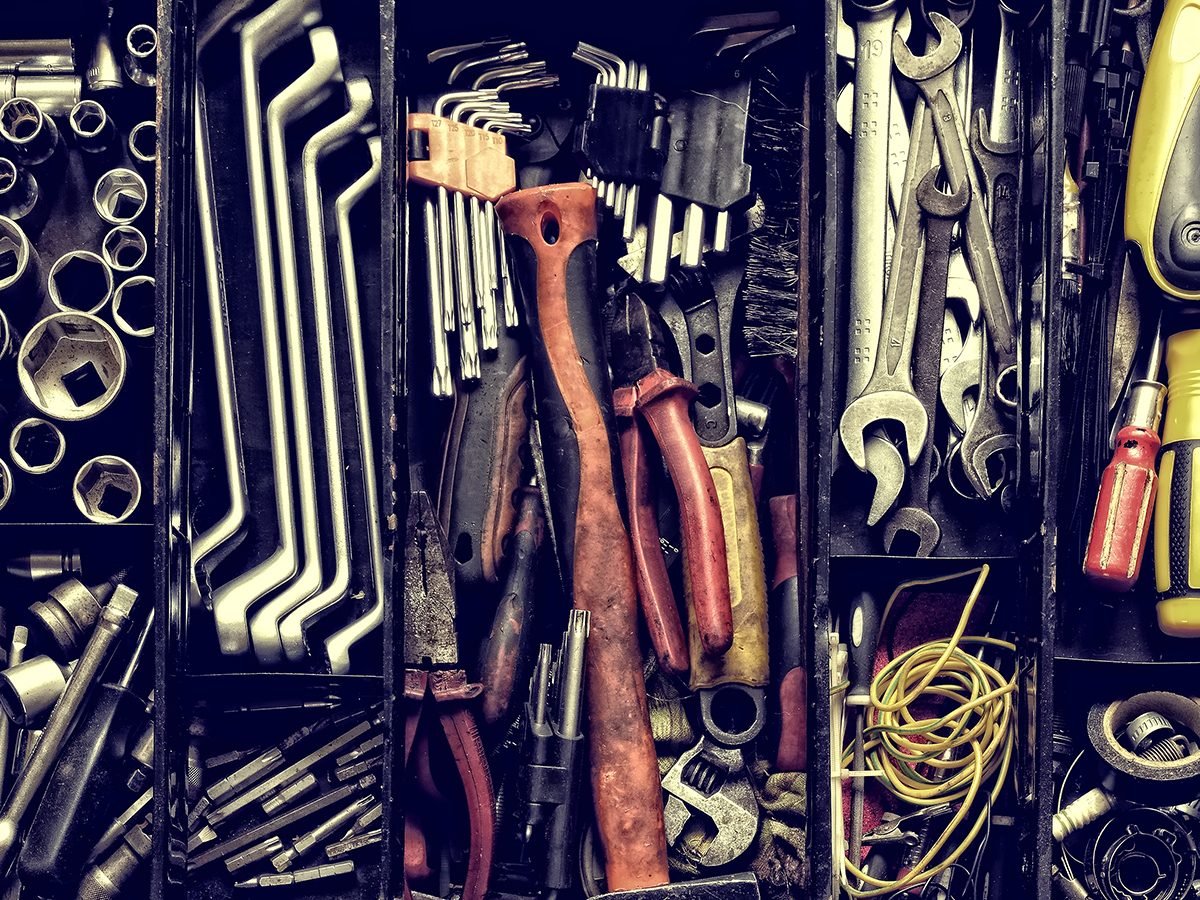As a car owner, you’ve undoubtedly experienced the sinking feeling that comes when your car breaks down or has an unexpected issue. However, what if you could fix these problems yourself, without relying on expensive mechanics? With a few basic tools, a bit of know-how, and some dedication, you can become a DIY home mechanic.
Essential Tools:
Before you start any DIY auto repairs, you need to invest in some basic tools. Having the right tools on hand can make all the difference between a successful repair job and one that ends in frustration. Some of the essential tools you’ll need include a basic set of wrenches, sockets, and pliers. You’ll also want to have a jack, jack stands, and a set of ramps to lift your car safely off the ground. A torque wrench, a pry bar, and a multimeter are also good investments. Additionally, you’ll need a good quality set of screwdrivers, including Phillips and flathead varieties. A good set of gloves and safety glasses are also important for protecting your hands and eyes during repairs.
![]()
Techniques:
Once you have the right tools, it’s essential to have a basic understanding of the techniques required for auto repair. Some of the most common repairs that can be performed at home include oil changes, brake pad replacement, and air filter replacement. For more complex repairs, such as engine or transmission work, having access to a repair manual or online resource can be invaluable. Before attempting any repair, it’s important to read up on the technique to ensure that you understand how the repair should be performed. Take your time and make sure you follow the instructions carefully to prevent accidents or further damage to your vehicle. Make sure to reach out to a professional for dent repair as the technique to fixing a dent could be tricky.

Safety Tips:
Safety is always a top priority when working on a vehicle. You should never attempt any repair without first ensuring that your vehicle is safely secured on jack stands or ramps. Never attempt any repair when the engine is running or hot. Always disconnect the battery before attempting any electrical work. Follow all safety guidelines and recommended practices for the repair, and always use the appropriate safety gear.
DIY auto repair can be a rewarding and cost-effective way to keep your car in good condition. With the right tools, techniques, and safety tips, you can tackle many of the simple repairs that arise from regular use. Always take your time, be careful, and seek professional help if you’re unsure about any aspect of the repair. With practice, patience, and a willingness to learn, you can become a skilled DIY home mechanic.

